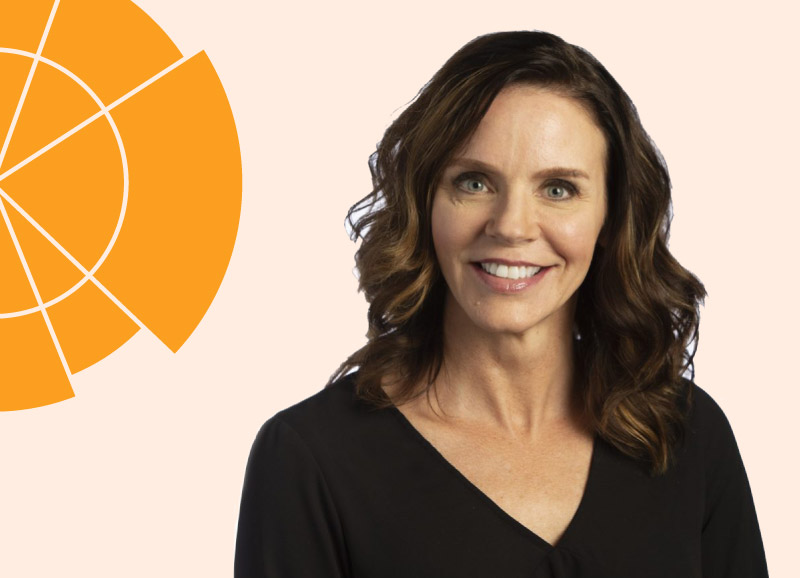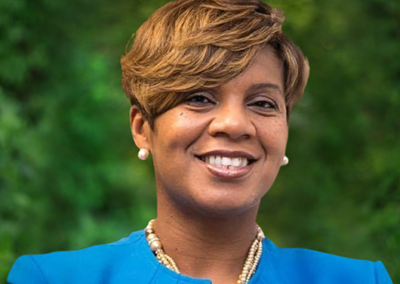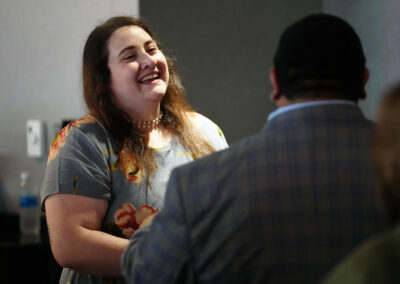
By Angelique Nedved
School Quality is Not Achieved Overnight
I have been incredibly fortunate to interact with the multitude of educators, school leaders, families, and support organizations dedicated to serving our students. These relationships have enabled me to step into learning and teaching environments across dozens of schools in our city with a common understanding that requires all participants to roll up our sleeves and tackle the hard work of school improvement together. No pointing fingers, no blaming, and no excuses. Rather, it involves tough conversations about what is and what isn’t working. And with each conversation, I get a glimpse into the dedication of those who have selected education as their calling.
We see this dedication of our educators as they tackle the chronic disadvantages many students of color face in a system that is historically inequitable. When we say all students deserve the opportunity to achieve their life goals, we know that means different supports to different kids in order to truly create that opportunity. But thanks to our educators who are stepping up to this important task today, now four years into our mission at SchoolSmartKC (SSKC), 300 additional third graders are reading on grade level. An additional 1,000 students attend a quality school. And over four years, we have together steadily closed the achievement gap from 20% to 16% in the Kansas City Public School System. We are creating an energy, space, and tailwind through funding for success, to support these students and ensure they have every opportunity.
I’m often asked the question, “What makes a quality school?” Certainly, the state has its definition of quality that includes students demonstrating proficiency in Reading/Language Arts and/or Mathematics for their grade level. Yet, most of us in this profession understand our students are more than test scores and our schools are more than buildings. Each school is a unique blend of students, adults, and educational needs. Our own schools and students have also suffered from the enormous inequities society has placed upon them. Supporting these needs to create a positive learning environment requires listening, resources and dedication to do what is right for our families.
What enables SSKC to synthesize a common understanding of school quality starts with the student in mind. We collectively ask, “What do we want for our youth when they graduate high school?” and “How can we support school communities along this path?” The answers to these questions lie within the school community itself. While many may try a standard one-size-fits-all solution for success, working in partnership with individual schools to determine the best path forward has led us to the promising results we’re seeing today. Our funding for success helps fuel these unique pathways that look different from school to school. Unquestionably, core tenets of quality already exist in varying degrees within each school; highly effective leadership, ambitious instruction, governance, an empowered and collaborative staff, and family and community engagement to name a few. However, their mere presence does not ensure quality. The calculus of how these tenets work together is unearthed through collaboration and investigation, through observation and tough conversations, and through trust and vulnerability.
School quality is not achieved overnight. There are difficult topics to address that have overwhelmed the education ecosystem for decades. And a transformative event such as the COVID-19 pandemic has magnified the tremendous inequalities and challenges that were pre-existing. Given the complexities of navigating this unparalleled landscape, we will continue to engage our schools through partnership in empowering students’ growth and self-actualization and ultimately closing the achievement gap.



